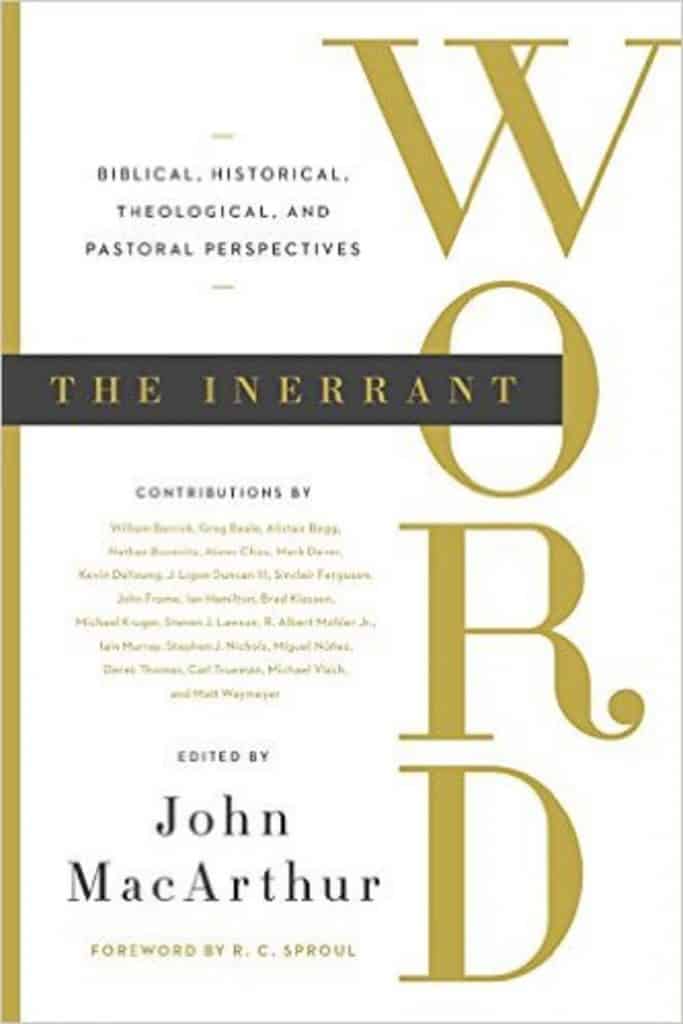⏱️ Estimated Reading Time: 3 min read
“I believe that the affirmation of the Bible’s inerrancy has never been more essential to evangelicalism as a movement and as a living theological and spiritual tradition…Without inerrancy, the evangelical movement will inevitably become dissolute and indistinct in its faith and doctrines, and increasingly confused about the very nature and authority of its message” (199-200).
For me, this statement offered by Dr. Al Mohler captures the importance of the doctrine of inerrancy, and why such a book as The Inerrant Word exists. This critical Evangelical doctrine is why we are able to affirm what we affirm, and deny what we deny. Without inerrancy, we are, as Mohler says, “indistinct.” This doctrine is precisely what makes us faithful Evangelicals. Despite this, we are seeing an onslaught of attacks being leveled against inerrancy, many of those taking place within the Church (see Iain Murray’s Chapter 10). This is disheartening, but we cannot resort to giving up the biblical truth, nor to being discouraged in the fight.
The Inerrant Word is a collection of essays that explore the multi-perspective view into this critical doctrine. It truthfully affects us in every corner of the Christian life, not only at the theological level but historically and pastorally as well. These essays are edited by none other than John MacArthur, a champion of Scripture’s inerrancy for generations. Similar to an All-Star sports team or a movie full of A-List actors, The Inerrant Word gives us a collection of some of the brightest minds and most notable voices in Evangelicalism today, such as Kevin DeYoung, John Frame, Alistair Begg, Sinclair Ferguson, and much more. An incredible 24 essays are included in this volume.
One might wonder how 24 voices could offer enough different perspectives to what seems like a simple doctrine, but The Inerrant Word has undertaken to shown how inerrancy really does affect every area of ministry, and there are many different subjects to speak on. There are foundational chapters, such as John Frame’s in Chapter 12. There are chapters addressing hermeneutics, such as Abner Chou’s Chapter 15. MacArthur writes a chapter (22) on how this doctrine affects expository preaching. There are plenty of other subjects covered, such as doing apologetics (23), the challenge of modernism (11), how inerrancy affects mission (24), and dual authorship (19). A couple of my particular favorites are Sinclair Ferguson’s chapter on how the Holy Spirit speaks through the Word (17), and Nathan Busenitz’s chapter on how inerrancy was though of pre-Reformation.
If you’re looking for a deep and wide exploration of the attributes of Scripture and why they matter for our Christianity and for our world, you can’t miss this excellent collection of essays prepared by Crossway. The Inerrant Word will give you numerous talking points with others about the doctrine of inerrancy, and loads of insight into the beauty and truth of the Bible. Many thanks to John MacArthur and these authors for their hard work. This will be remembered as one of the most important books written in 2016.




